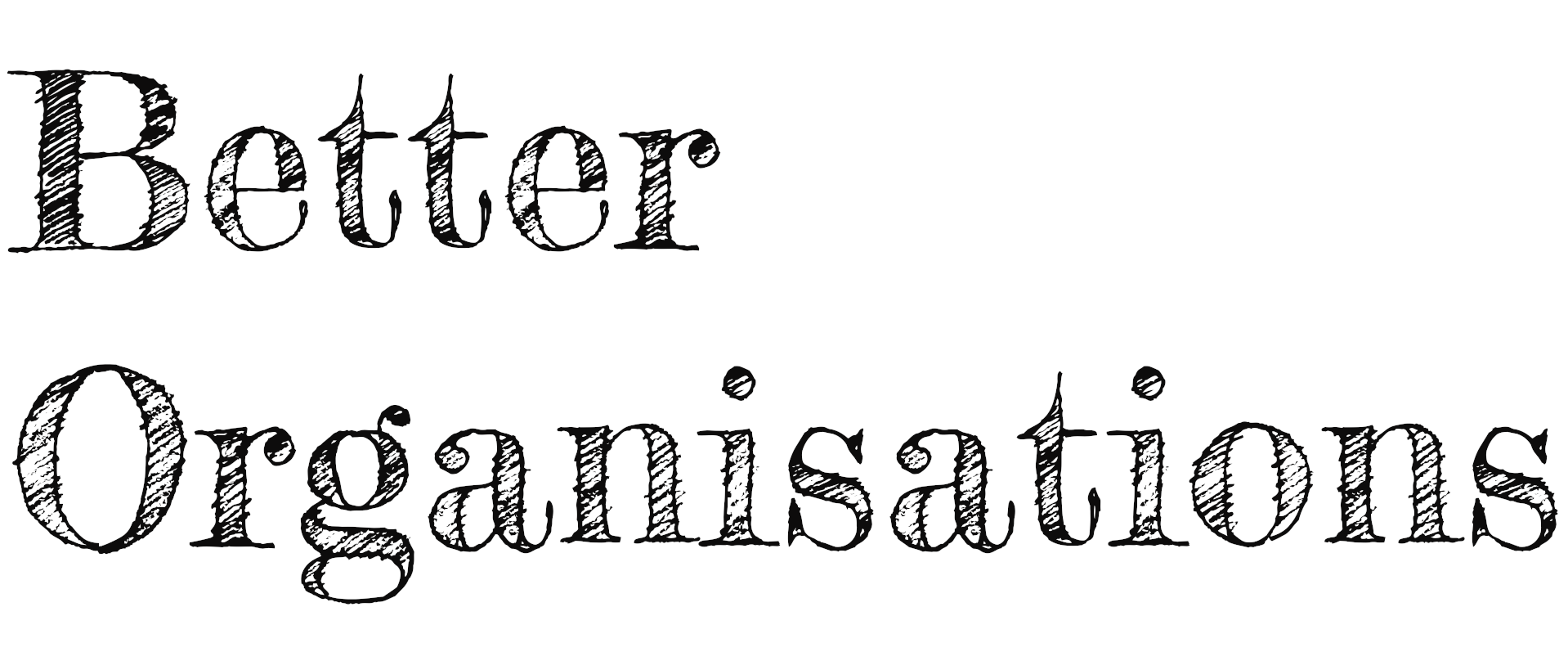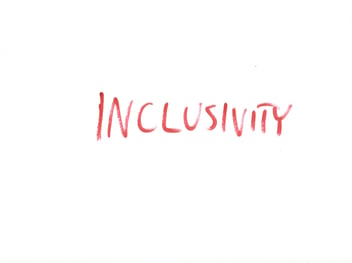 Today we will talk about the seventh value of the chosen 10 which I think can contribute to building a strong, more adaptable and innovation-boosting company’s culture. Since I said that, I should mention a significant exclusion/disclaimer about this statement – please read about it in the introduction article about the values. This article is a part of a serie: How to adapt quickly in a rapidly changing environment?
Today we will talk about the seventh value of the chosen 10 which I think can contribute to building a strong, more adaptable and innovation-boosting company’s culture. Since I said that, I should mention a significant exclusion/disclaimer about this statement – please read about it in the introduction article about the values. This article is a part of a serie: How to adapt quickly in a rapidly changing environment?
Do you believe people are free? Do you believe people are responsible for themselves? Do you believe people are autonomous? I do.
Do employees have to be forced to do anything?
We, as a human have psychological needs, the need for being treated equally, the need for personal grown, and to exercise self-direction are among them. Unfortunately, they are often strangled by traditional management approaches.
We, as a human have psychological needs, the need for being treated equally, the need for personal grown, and to exercise self-direction are among them. Unfortunately, they are often strangled by traditional management approaches. For me, two factors should be constantly checked: to ensure that the team understand the business context and to ensure that people in “our bus” are willing to participate. Grant employees an element of ownership. Ensure they are ready to decide and let them decide. Effective autonomy will empower employees to tap into the meaning which is a much more productive way of doing things. I think it is pretty impossible to have autonomous people without freedom in the centre of an organisation.
I know that transformation (this is the employee’s process as well as the manager’s one) is not easy and takes time (a cultural transformation does not happen over a night), but finally it makes your team unbeatable.
Manager as a facilitator
Don’t get me wrong; freedom doesn’t mean you can do anything you want. You will still need to build organisational systems that allows to develop this work philosophy.
This approach completely changes the management behavior. Let me give you an example: let say that the team has an operational problem which needs to be solved and people are reporting this issue to the manager. With this value in the mind the manager is assessing if the problem can be solved by a team (sometimes problems go beyond the competence and the agency of team members). Let say, in this case, the problem affects the team and the potential solution is under the team’s control. The manager who wants to develop freedom is not starting to give the orders or to solve the problem, or to plan the solution. The manager is acting more as facilitator – exploring with team members potential solutions, discussing prons and cons of each idea and then deciding what are the next step to solve the issue.
“Freedom within a framework” is not my phrase. The trick is finding a business framework in which your team is allowed to build their own solutions.
It works in companies of all sizes from small to really big ones. A great example is Decathlon, a sports equipment retailer. The director of one of their largest warehouse asked 150 employees to define what they are responsible for. Then, he asked them to change the practices (in teams) which were blocking them from being responsible for their area. Managers in this case worked more as coaches. As a result, today all warehouse teams manage the order fulfillment by themselves, and many teams has set their own work schedules. Decathlon had grown organically to $12.79 billion worldwide in 2017. In 2017 and 2018, Decathlon was ranked the #1 Great Place to Work in France [1].
“Freedom within a framework” is not my phrase. I’m a big fan of making and constantly checking team contracts. The trick is finding a business framework in which your team is allowed to build their own solutions.
Don’t get me wrong; freedom doesn’t mean you can do anything you want. Freedom doesn’t mean your team can do anything they want. You will still need to build organisational systems that allows to develop this work philosophy. I’m very aware that control is an indispensable part of any manager’s role. I think this value complements the previous value that I wrote about: responsibility. Making responsibility visible (please check out the idea of stand ups meetings and whiteboards) transform how the typical control is seen in management.
With this in mind, you can still use co-creation in order to build these systems.
Reference:
[1] “Give the team the freedom to do the work they think matters most” (link to: https://hbr.org/2018/09/give-your-team-the-freedom-to-do-the-work-they-think-matters-most ), Brian Carney and Issac Getz, Harward Business Review.
For the next weeks, I will be publishing a weekly article and a video about a value which can contribute to strong, more adaptable and innovation-boosting company’s culture. I will share case studies and examples, to illustrate how these values can help you build a better culture for your company. Subscribe now to avoid missing an update!




